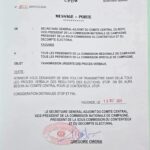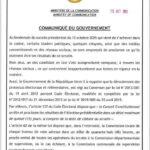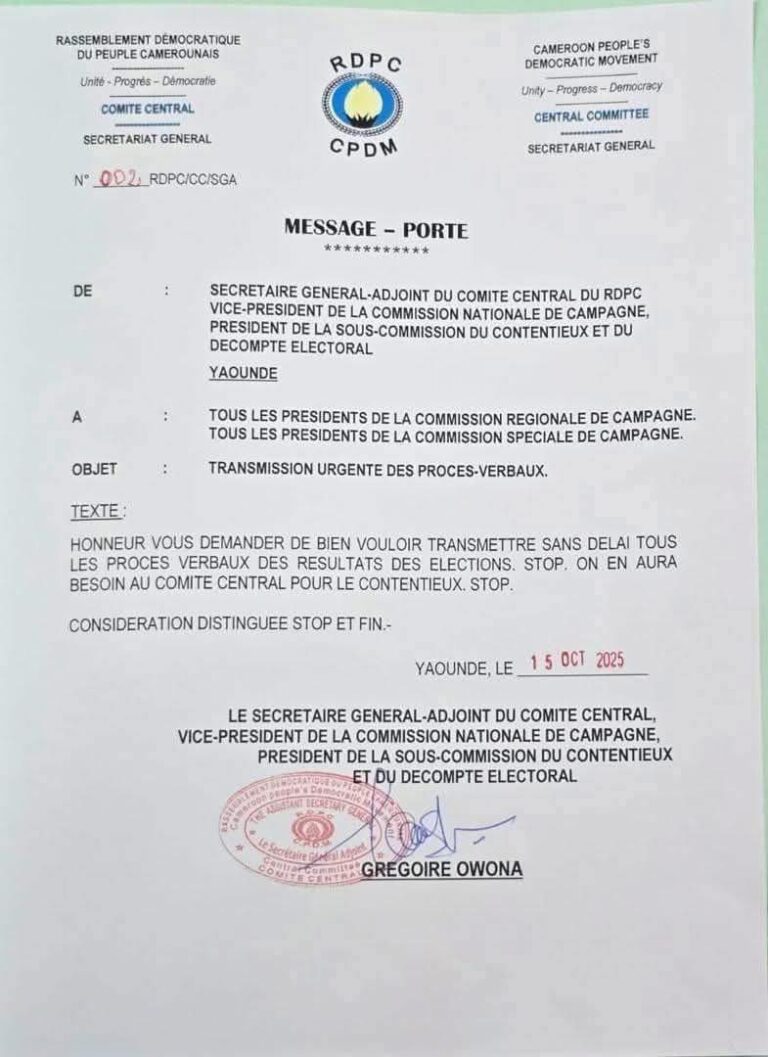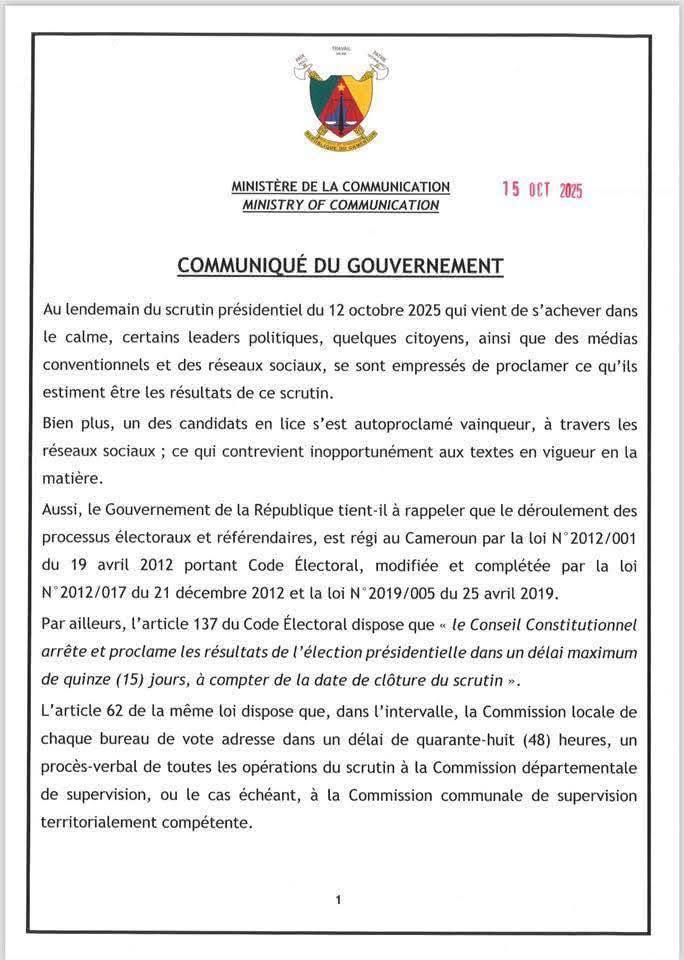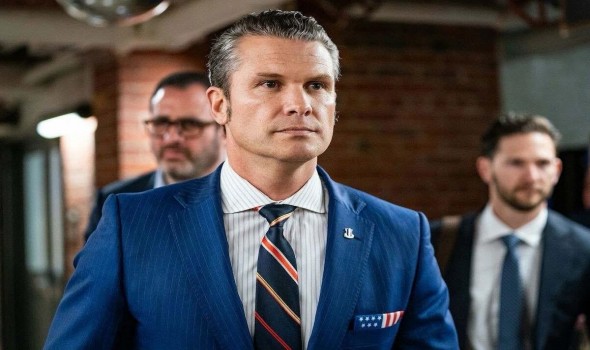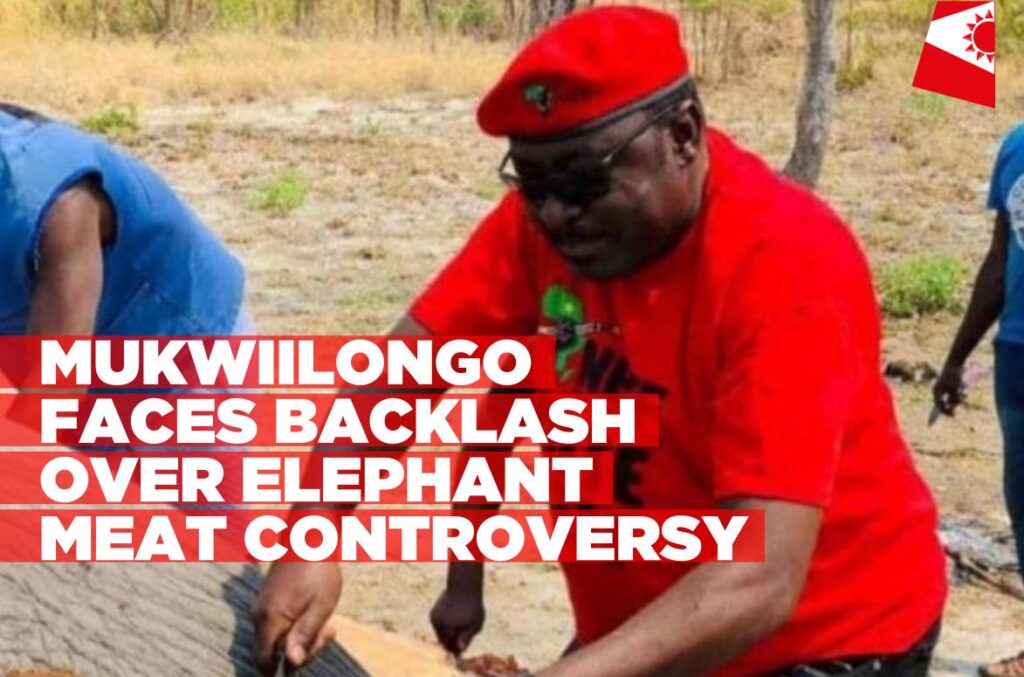
Staff Reporter
FORMER parliamentarian and leader of the Namibia Economic Freedom. Fighters (NEFF) Epafras Mukwiilongo was one of the prominent people seen competing with ordinary villagers for a share of elephant meat in the Onawa village, Omusati Region, on Saturday.
The picture of Mukwiilongo cutting a piece of meat from the carcass sparked a flurry of public discontent about politicians and other well-off individuals who take for themselves what they do not really need, thereby depriving the needy citizens.
There was disorder when hundreds of villagers rushed to the elephant’s carcass, wielding pangas, axes, and knives to claim a share of the meat.
Villagers claimed that the lack of properly organised distribution led to unequal sharing of the meat, with some people allegedly taking too much while others got nothing.
It was mostly the presence of prominent personalities, notably the NEFF leader Mukwiilongo, that angered community members, who said that free elephant meat should have been distributed exclusively to ordinary members of the community and not to those “already well fed.”
The Minister of Environment, Forestry and Tourism Indileni Daniel said that the elephant bull, which escaped from Etosha National Park, was put down near Onawa village in the Omusati Region —
a few kilometres from the Namibia/Angola border — following public safety concerns.
According to Daniel, the decision was taken with great reluctance and only after several days of intensive monitoring and repeated, unsuccessful efforts to safely guide the animal back to Etosha.
The elephant was first sighted in the Otjivarunda area following widespread wildfires that spread from Etosha into the north-central regions. “Driven by instinct,” said Daniel, “the animal moved northward, away from the burnt terrain.”
On 8 October, it was reported near Onkani village, heading northwest. Environment and forestry officials tracked its movements closely and attempted to redirect it toward the park.
However, despite those efforts, the elephant continued to approach densely populated areas, reaching Onaanka and Onaanda villages on Friday. It later crossed both the Oshakati–Okahao and Oshakati–Outapi roads, causing damage to infrastructure and raising serious safety concerns.
The minister said that by Saturday the elephant bull had entered the vicinity of Onawa village, near homes and schools, escalating panic among residents and making the risk to human life imminent. The officials were compelled to make “the difficult but necessary decision” to put the animal down in order to prevent potential harm.
Minister Daniel has strongly condemned the circulation on social media of “graphic and disrespectful images” of people cutting up the elephant carcass.
She is urging members of the public to exercise restraint and to refrain from sharing photos or videos of community members cutting up the carcass.
Daniel reaffirmed that Namibia’s commitment to coexistence with wildlife remains unwavering. “This incident,” she said, “highlights the urgent need for increased public awareness and education around human-wildlife conflict, especially in times of environmental crisis.” She said that her ministry will continue working with communities to strengthen safety measures, promote conservation ethics, and uphold the values of respect and responsibility in the shared landscapes.
According to local cultural norms, whenever an elephant is terminated, the meat is made available to ordinary members of the community on a “free-for-all” basis, meaning each person cuts as much as they can, quickly, “because the elephant meat does not take long to rot.”

